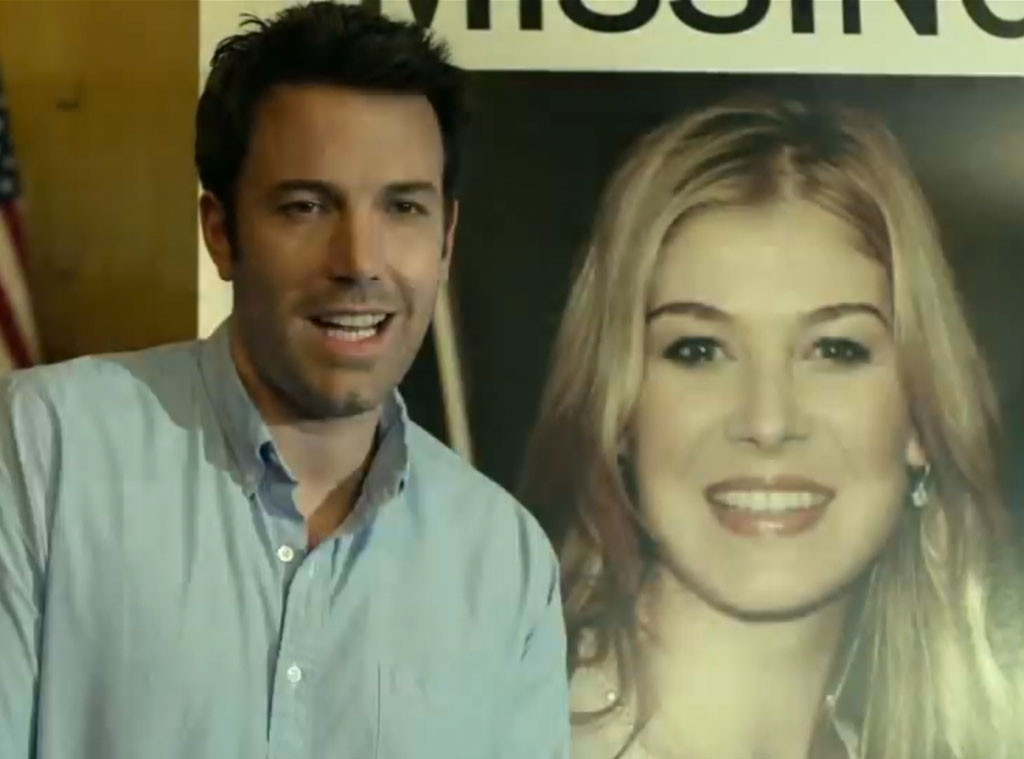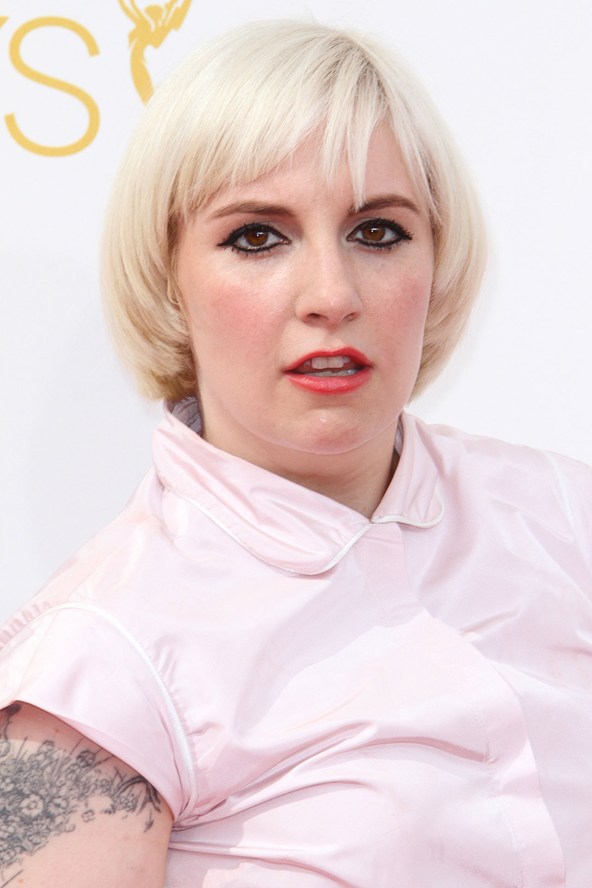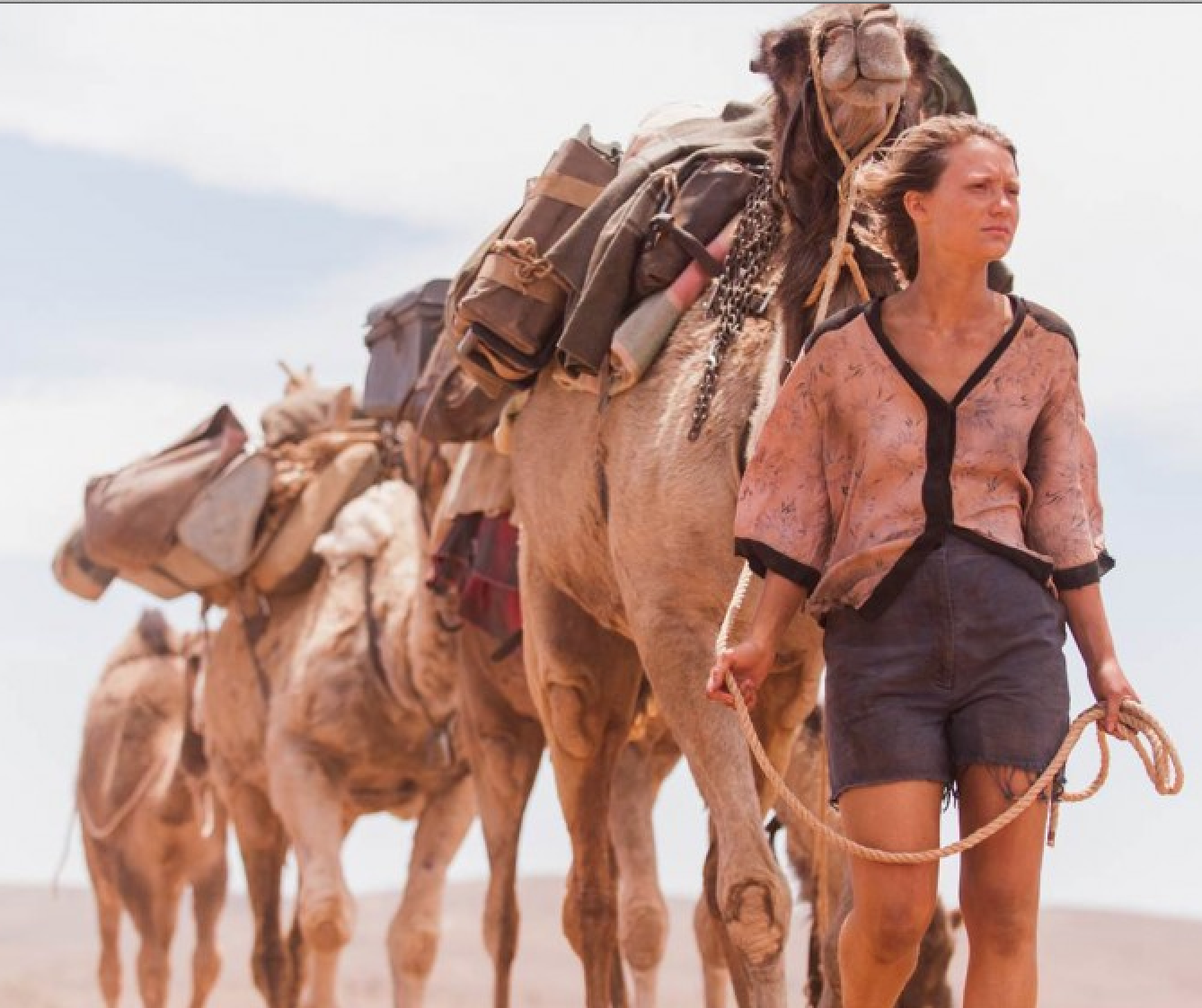 Who can forget Ben Affleck’s acceptance speech at the 2013 Academy Awards? “Marriage is hard,” he declared while thanking wife Jennifer Garner, and the audience collectively froze. The next day, Oscar post-mortems were dominated by a debate about the actor-director’s words: Were they inappropriate? Were he and Garner having trouble? Is marriage hard? Imagine an entire movie launched from that declaration – complete with Affleck’s cheesy, unsettling grin – and we’ve got “Gone Girl,” David Fincher’s extraordinary adaptation of Gillian Flynn’s eponymous bestseller.
Who can forget Ben Affleck’s acceptance speech at the 2013 Academy Awards? “Marriage is hard,” he declared while thanking wife Jennifer Garner, and the audience collectively froze. The next day, Oscar post-mortems were dominated by a debate about the actor-director’s words: Were they inappropriate? Were he and Garner having trouble? Is marriage hard? Imagine an entire movie launched from that declaration – complete with Affleck’s cheesy, unsettling grin – and we’ve got “Gone Girl,” David Fincher’s extraordinary adaptation of Gillian Flynn’s eponymous bestseller.
Though few deny that Fincher is a technically proficient director, charges of misogyny and misanthropy have dogged his films since 1995’s “Se7en,” his serial killer mystery with a biblical twist. True, his body of work – from “The Social Network,” the Sorkin-scripted Facebook origin story, to the ill-fated “The Girl With the Dragon Tattoo” – doesn’t paint a rosy picture of humanity. (It’s a wonder he’s not accused of misandry.) But it’s not really humanity that gets the shaft in his films; it’s human interactions. People may need people, he suggests, but that doesn’t mean we don’t bring out the worst in each other. In this sense, “Gone Girl” – an unflinching portrait of human intimacy if ever there were one – may be his signature piece. Continue Reading →


